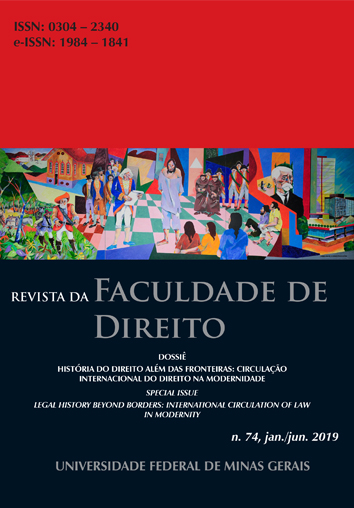UNLAWFUL ASSOCIATIONS AND COMBINATIONS IN THE EARLY PENAL CODES. A COMPARATIVE STUDY OF FRANCE AND SPAIN - DOI: 10.12818/P.0304-2340.2019v74p283
Resumo
The rise of the ideology of freedom in liberal States, individual liberalism and individual autonomy, ended with ancient associations, leagues, collectivities or guilds, which gradually were forbidden and disintegrated. They can be dangerous both for public powers and for individual contracting, and therefore they required a special authorization from the government to be constituted. On the contrary, they were considered unlawful and they were repressed through criminal laws. French Penal Code of 1810 typified two kinds of crimes for that purpose: one of them among the crimes against de State or the “chose publique” (“des associations ou réunions illicites”), and the other among the crimes against individuals, and particularly against property (“délit de coalition”). The same way, Spanish Penal Code of 1848 recognized these two types of crimes, pointing out the public or private goals of the association: Unlawful associations that had political or religious purposes were typified as public crimes, but if these associations tried to interfere in private contracting, fixing terms and conditions of work or employment, they were considered “combinations” (“coligaciones”) to disturb free-market.
KEYWORDS: Unlawful associations. Crimes French and Spanish Penal Codes. Comparative study.



